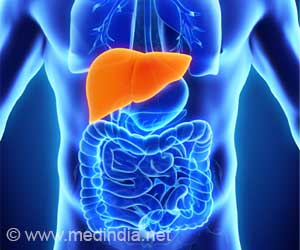FKBP51, a well known stress regulating protein can now be blocked to decrease the risk of diabetes and obesity.

- FKBP51 protein found in the muscle can promote diabetes and obesity in people who consume unhealthy diet
- An unhealthy diet, rich in fat can induce stress in the body and thereby increase the production of FKBP51 protein
- Increased production of FKBP51 protein can lead to changes in glucose absorption and intolerance leading to diabetes
"FKBP51 influences a signaling cascade in muscle tissue, which with excessive calorie intake leads to the development of glucose intolerance, i.e., the key indicator of diabetes type 2," project leader Mathias Schmidt summarizes.
An unhealthy diet, rich in fat means stress for the body. If FKBP51 is increasingly produced in the muscle it leads to reduced absorption of glucose - as a result, diabetes and obesity may develop.
If FKBP51 is blocked, diabetes will not develop, even if too many calories are consumed or the body is still stressed. Less FKBP51 in the muscle tissue means reduced glucose intolerance and thus maintenance of normal metabolism.
The protein FKBP51 can be pharmacologically blocked by antagonist compounds that were developed at the Max Planck Institute by Felix Hausch (presently at University of Darmstadt).
"These findings may provide a completely new treatment approach for diabetes and other metabolic diseases," states Alon Chen, Director at the Max Planck Institute of Psychiatry.
- Georgia Balsevich, Alexander S. Häusl, Carola W. Meyer et.al. Stress-responsive FKBP51 regulates AKT2-AS160 signaling and metabolic function, Nature Communications (2017).DOI:10.1038/s41467-017-01783-y
Source-Eurekalert















